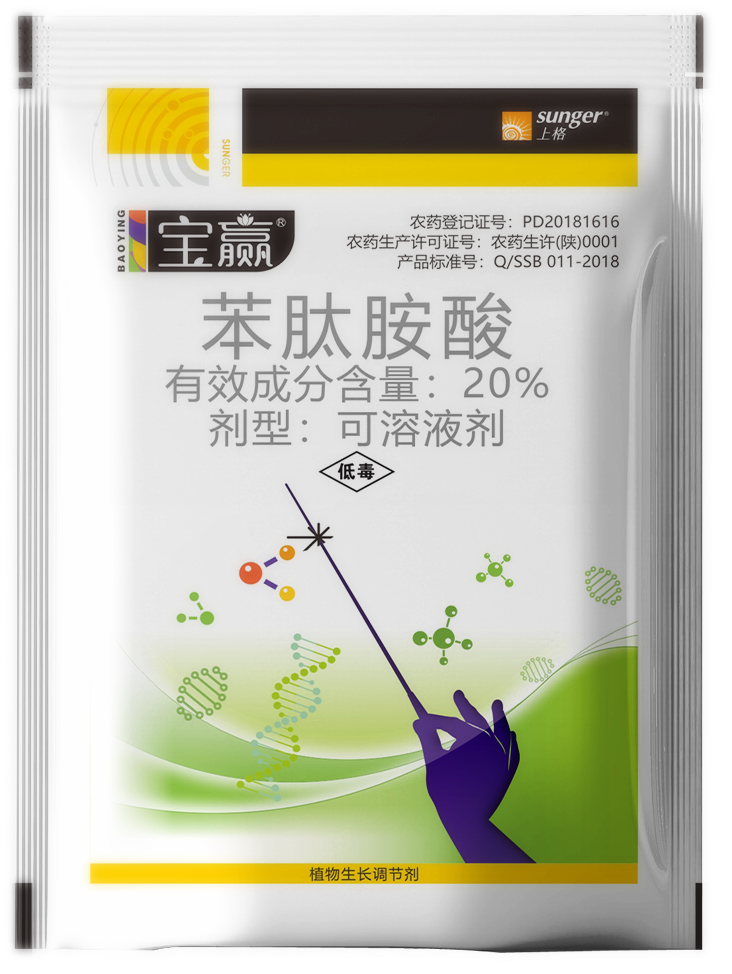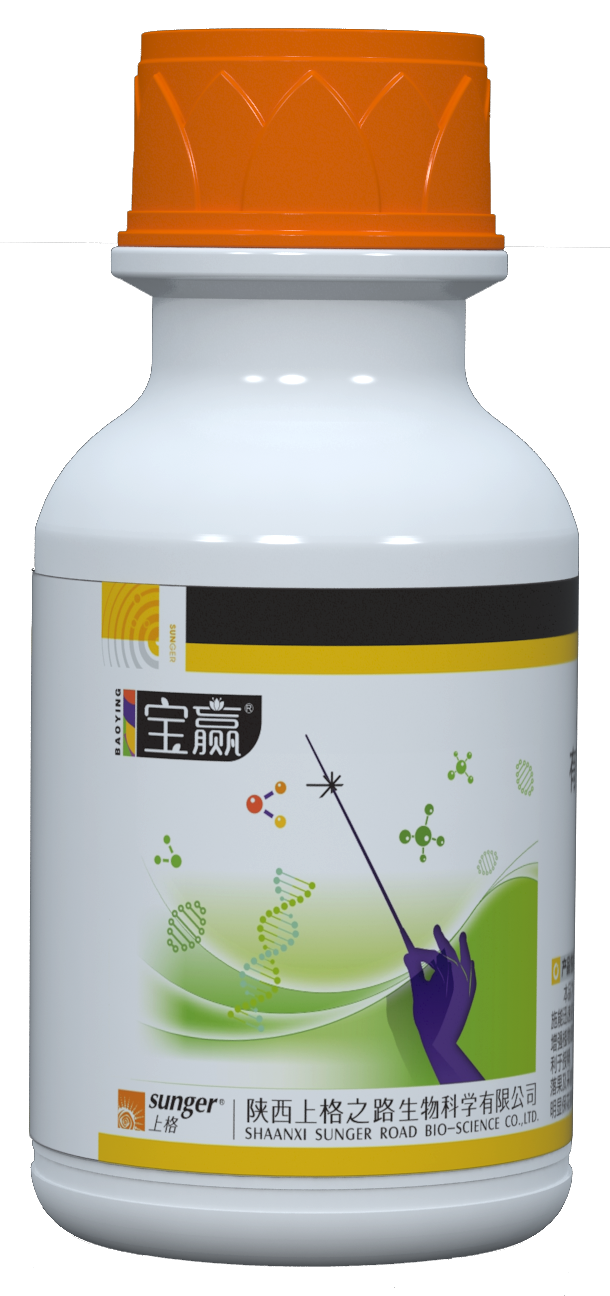Phthalanilic Acid
In April 2018, our company
obtained the registration certificate of Phthalanilic Acid, became the first
and only company which registered the Phthalanilic Acid in China. The technical
content is 97%, and the content and type of formulation is 20% and SL. For now,
it is registered on soybean, used for plant growth regulation.

Phthalanilic Acid is a low
toxicity pesticide, with no teratogenic, no carcinogenic and no mutagenic
effects on mouse germ cells. Phthalanilic Acid has the functions of protecting
flowers and fruits, improving stress resistance, improving fruit quality and
increasing production. Phthalanilic Acid can be used on wheat, cotton, maize,
vegetables, peanut, soybean, apple tree, citrus, grape, pepper, mango and so
on.

We studied the changes and
principles of plants after applying Phthalanilic Acid on peppers and cowpeas,
all showed dark green color, resistance improved, production increased.
In the solanaceae crop
pepper, increased the relative growth rate of the plant height and the
flowering number, the enzymatic and non-enzymatic antioxidant system of the
plant were activated, and increased the antioxidant enzyme activity of the
leaf. To a certain extent, free proline, flavonoids, and total phenols were
increased, which increased the ability of plants to remove reactive oxygen
species in adverse environments, thereby increasing plant adaptation to the
environment.
Phthalanilic Acid can
increase the content of auxin, zeatin and gibberellin in plants, and reduce the
content of abscisic acid, thus reduce the dropping of flowers and fruits,
keeping the leaves dark green, promote the dry matter accumulation of fruits,
and reducing the shedding rate of fruits and leaves. Thereby increased the
production of the plant, improved the quality. The experimental results of
Phthalanilic Acid on cowpea remained the same as pepper.
Phthalanilic Acid can
promote plant growth, especially increase the number of flowering and prolong
the flowering period; improve the photosynthesis ability of plants, increase
the accumulation of dry matter, increase the production and improve fruit
quality; Phthalanilic Acid can induce plant body changes in hormone levels to
increase stress resistance; Phthalanilia Acid can regulate endogenous hormone
levels in plants and maintains their homeostasis, enabling better plant growth,
increase production and improve fruit quality (both appearance and intrinsic
quality).